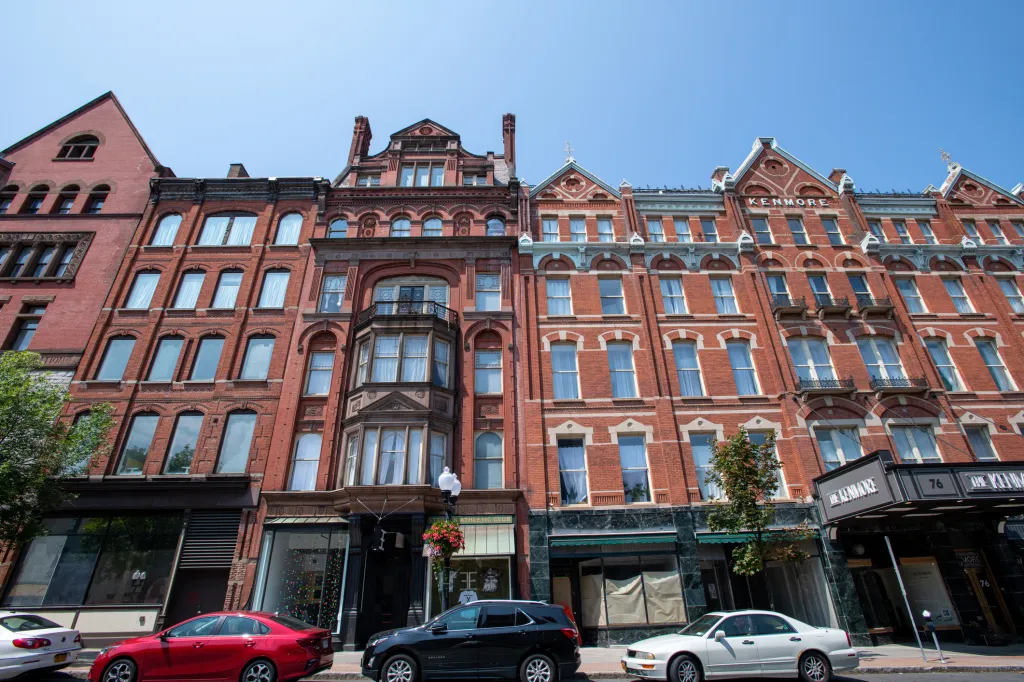How Tenant-Friendly Laws in Albany are Harming NYC Housing
In 2019, Albany introduced rent-law changes to protect tenants, but recent data from a comprehensive study conducted by two real estate groups reveals disastrous consequences for building owners and landlords.
Covering 242,000 units, the study shows that these reforms have made it financially impossible for owners of rent-stabilized units, particularly smaller landlords, to make necessary repairs and upgrades. Small-portfolio owners, often mom-and-pop landlords with 10 or fewer units, are facing significant challenges.
For those with over 75% of their apartments subject to rent stabilization, a staggering quarter of their units are vacant, in stark contrast to the city’s overall vacancy rate of 1.4%. This surge in vacant units has led to the creation of “zombie apartments,” leaving New Yorkers struggling to find suitable housing.
The study indicates that an alarming 99% of rent-stabilized units owned by small-portfolio landlords are in buildings requiring major capital improvements, such as roofs, walls, boilers, and plumbing. The study reveals that these landlords are unable to afford essential upgrades, resulting in a cascade effect of deteriorating housing conditions.
Large property owners are also grappling with challenges, with 29% of their units situated in properties needing major work. The study indicates that landlords are now forgoing smaller-scale improvements, such as new stoves, dishwashers, and windows, exacerbating the overall decline in housing quality.

Since 2019, filings by members of the Rent Stabilization Association for major repairs and upgrades have plummeted by 37%. Additionally, addressing less expensive needs has seen a significant decrease of 77%, not due to a reduction in the need for repairs but the inability to finance them.
Albany, in implementing these reforms, failed to consider the long-term consequences. The ban on 20% rent hikes for major, necessary work, and strict limits on improvement costs passed on to tenants through higher rent have left building owners unable to cope with rising expenses for fuel, labor, insurance, and property taxes.
While some lawmakers, including Democrats, recognize the need to restore vacancy resets to facilitate necessary renovations, progressives remain staunchly opposed. The article delves into the political challenges hindering meaningful reform and the potential impact on the city’s housing stock.
Related News:
- Latest Quarterback News Puts Cowboys’ Misstep in Spotlight
- Browns Head Coach Stefanski Drops Bombshell: Bad News for Joe Flacco Fans!
- Breaking News: TSMC Makes Historic Move with First Plant Opening in Japan
Albany’s decision to scrap a key tax break that once made affordable housing construction feasible has further exacerbated the housing crisis. The lack of incentives for new construction means few new units are coming online, exacerbating the shortage and driving up demand.

